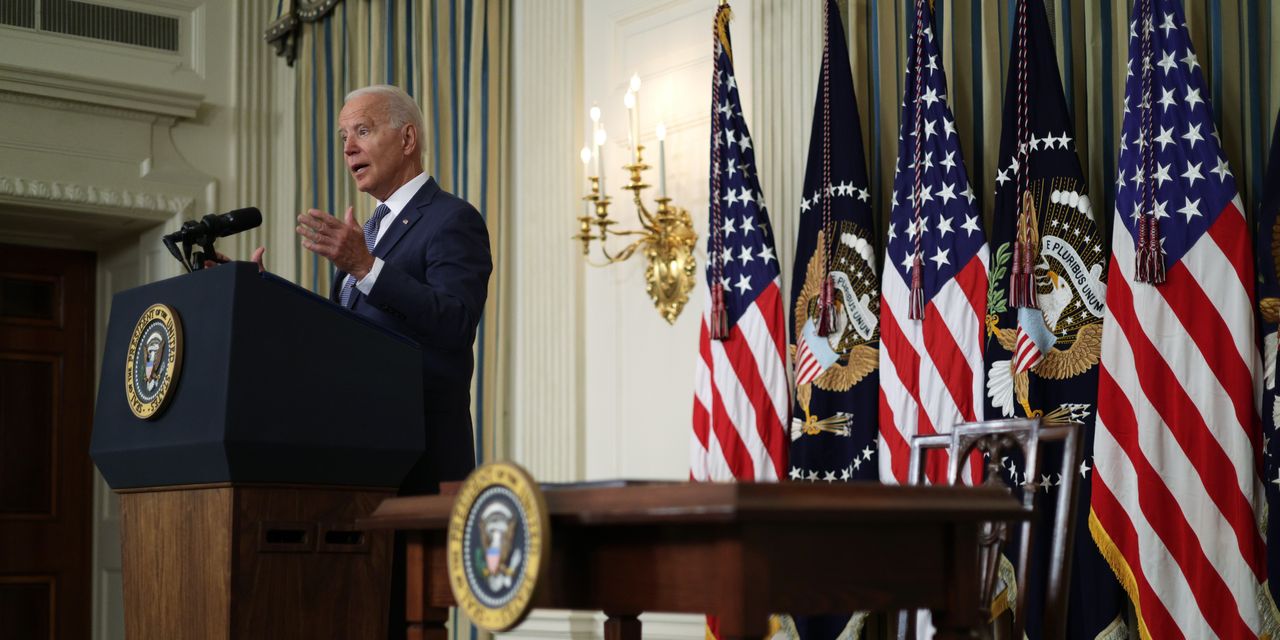Behind President Biden’s executive order seeking to curb the power of companies that dominate their markets is a body of academic research that finds the U.S. economy has become less competitive in the past two decades as power swells in large firms.
The decline in competition has had big implications for the broader economy, this research finds, including fewer thriving startup companies, a less-dynamic job market, stagnant worker wages and restrained economywide productivity.
Democrats have responded by making boosting competition a key part of their agenda. Mr. Biden’s executive order encourages U.S. agencies to push back against corporate consolidation and business practices that might stifle competition across a range of industries, from Big Tech to airline baggage fees. Republicans and some conservative economists, meanwhile, point to studies casting skepticism on the degree of consolidation and showing benefits to consumers from big businesses, and they say government intervention risks making the U.S. economy less productive.
The research that finds market dominance by big firms suggests it goes beyond tech companies such as Google and Amazon , to encompass hearing aids, banking, beer, mobile-phone services, airlines and others—and might also be related to government policies that allow firms to accumulate market share in their industries through acquisitions or favored treatment from regulators.
“Sixty or more years ago, most of us, including me, were altogether too willing to treat the economy as close to fully competitive. I now think that was a mistake,” Nobel Prize-winning economist Robert Solow said in a recent interview. “The economy has grown less competitive and the elements of monopoly power are probably very important for the distribution of income between work and wealth and ultimately across individuals.”














































